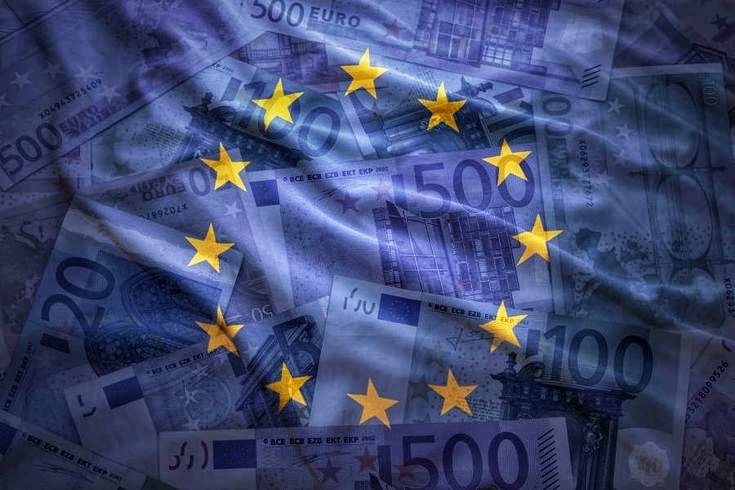Categories
The latest content
-

Customs Clearance & Import Regulations for Bulk Iranian Pinto Beans in EU, Middle East & Africa
..
-

Quality Control & Laboratory Testing Standards for Iranian Pinto Beans
..
-

Logistics & Shipping Solutions for Bulk Iranian Pinto Bean Exports
..
-

Minimum Order Quantity (MOQ) & Bulk Pricing for Iranian Pinto Bean Buyers
..

Tags
The Main Factors Affecting Iranian Super Negin Saffron Wholesale Price in Europe

Iranian Super Negin saffron is one of the most sought-after types of saffron in the global market, especially in Europe, where demand for high-quality, pure saffron continues to rise. However, the wholesale price of this luxury spice can fluctuate due to several key factors. Understanding these variables can help buyers, distributors, and importers make informed decisions.
1. Quality and Grade of the Saffron
Super Negin saffron is known for its long threads, deep red color, strong aroma, and high crocin content (color strength). However, not all batches are the same. Slight differences in drying methods, harvesting techniques, or moisture levels can impact quality—directly influencing the wholesale price.
2. Export Regulations and Sanctions
Iran, being the largest producer of saffron, faces periodic export restrictions and international sanctions. These regulations can limit direct trade, reduce supply, and increase transaction costs, which ultimately raise wholesale prices in Europe.
3. Currency Exchange Rates
The fluctuation of the Iranian Rial against the Euro and USD can have a major impact on export pricing. A weaker Rial may make saffron cheaper for European buyers, while currency instability may discourage long-term contracts or bulk deals.
4. Logistics and Transportation Costs
Post-pandemic supply chain disruptions, rising fuel prices, and freight delays can increase the overall cost of getting saffron from Iran to Europe. This, in turn, affects the final wholesale pricing offered to European distributors.
5. Seasonal Harvest and Climatic Conditions
Saffron is harvested once a year in autumn. A poor harvest due to drought, extreme temperatures, or disease can reduce yield and drive prices up. European buyers must often anticipate these fluctuations and secure stocks accordingly.
6. European Import Demand and Market Trends
Rising demand in health, wellness, and gourmet food industries across Europe can lead to price increases. Additionally, trends favoring organic and sustainably sourced saffron also influence buyer behavior and premium pricing.
7. Brand Reputation and Certification
Saffron that is lab-tested, ISO-certified, and comes from a trusted Iranian supplier commands a higher wholesale price. European markets increasingly prefer traceable and certified products, which adds value but also increases cost.
Conclusion:
For European wholesalers and distributors, understanding the complex dynamics of Iranian Super Negin saffron pricing is crucial. From quality and harvest conditions to logistics and geopolitical factors, multiple elements play a role in determining the final cost. Partnering with reliable Iranian exporters who offer transparency, consistency, and certification can help stabilize procurement and ensure better margins.
Interested in premium Iranian saffron at competitive wholesale prices? Contact us today for the latest offers and expert guidance.



